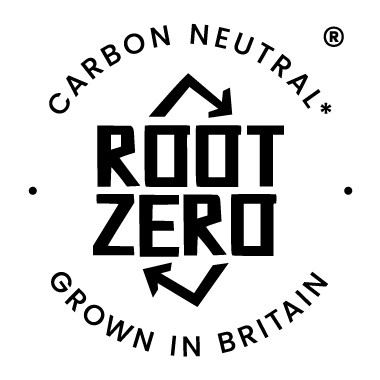Pollinators
We have pollinators to thank for every third mouthful we eat; 70% of the world’s crops rely on pollination and 85-95% of the UK’s insect-pollinated crops rely on wild pollinators.
They’re also vital for the survival of other wild plants that support so much of our wildlife too.
There are over 270 species of bees in the UK. There is only 1 species of honey bee, around 250 species of solitary bee, and 24 species of bumblebee.
At ROOT ZERO we do lots of things to help them:
- We provide bits of wood and drill holes for them to live, breed and sleep
- We dig holes and excavate bare earth, exposing south facing hedge banks so mining bees and mason bees can use as a place to nest and live.
Shrill Carder Bee
This is a South UK species and one of the smallest species of bumblebee. Sadly, there are just a few clusters of them left in England and Wales. They currently only exist in five isolated areas, with a small cluster in South Pembrokeshire.
They are very particular about what they can eat, and cover crops are hugely important for bumblebees. This is why our Farmers are making sure Red Clover is in their mix of cover crops, as this is one of their preferred plants to visit.
We are supporting the Bumblebee Conservation Trust with their critical work for the Shrill Carder Bee, a priority species significant to sustain biodiversity under Section 7 (Environment [Wales] Act 2016).
We will help to raise awareness and increase population on our ROOT ZERO farms in Pembrokeshire through initiatives such as habitat creation to both increase populations and improve genetic resilience.
